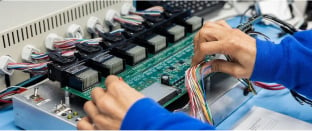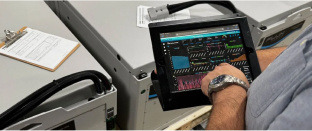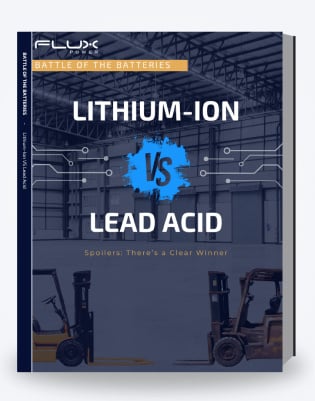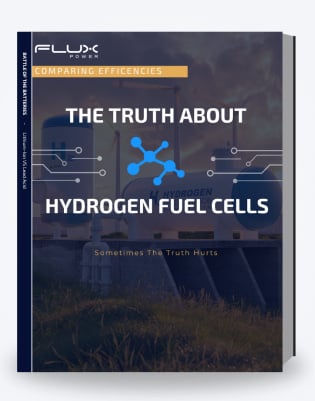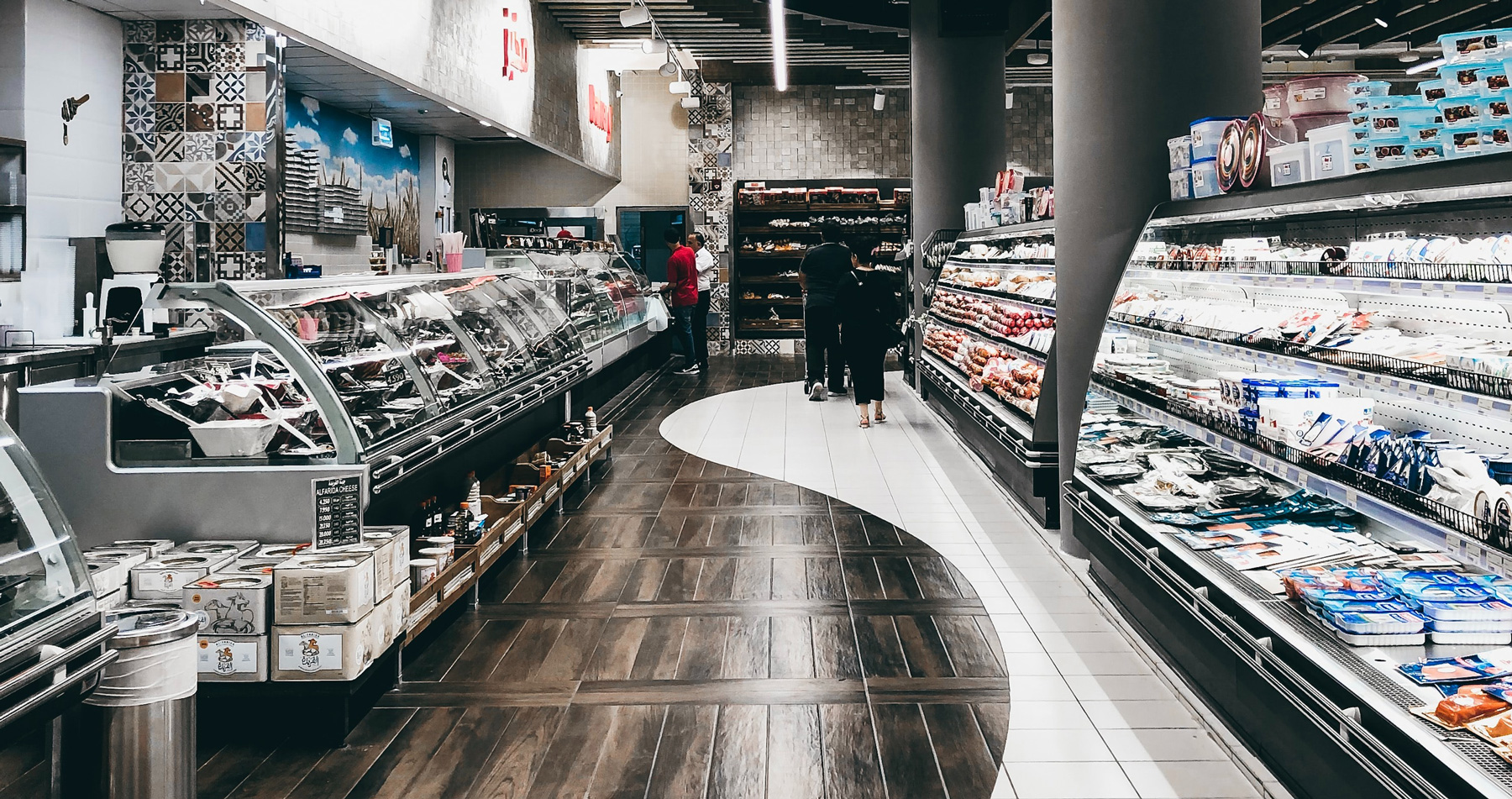Even as everyday activities came to a screeching halt in March 2020 due to social distancing to slow the spread of the coronavirus pandemic, business activity surged in some areas, namely warehouse, logistics, transportation, and delivery of food and beverage across the nation and world.
It's no secret. Demand for food, beverage and other essentials is high.
Demand is up for grocery and convenience store items as people stay at home, eat-in more than ever, and stock up on essentials and snacks to ride out quarantine measures.
Essential businesses are evolving rapidly to adjust to the new demands. These adjustments aim to keep their employees and customers safe, as well as protect the supply chain to keep it stable.
Here are some of the many recent changes we’ve witnessed and heard from our customers in this industry:
- On the front end in grocery stores, cashiers have adopted wearing face masks. Sneeze shields are being installed near registers. Reusable shopping bags are not being allowed back into stores, for fear of bringing outside germs in. And cleaning routines have increased.
- Essential businesses like grocery stores have reduced their business hours, in order to keep pace with overnight restocking needs.
- Manufacturers and factories are implementing new protocols such as wearing additional personal protective equipment (PPE) to keep workers safe amidst the pandemic.
- Another trend is consumers increasing their adoption of online ordering which puts new strains on warehouse and delivery logistics.
- States have loosened restrictions for long-haul trucks in order to move more essential products across the country faster.
- Warehouse shifts and delivery truck hours have been expanded and/or staggered to meet the current demand while keeping teams protected.
Above we've listed some of the countless ways essential businesses are adjusting to the unexpected global situation.
People and equipment are key to successful ongoing deliveries.
People serving in these positions are being honored like never before, as evidenced by Google's April 13th, 2020 home page tribute "To all grocery workers, thank you".
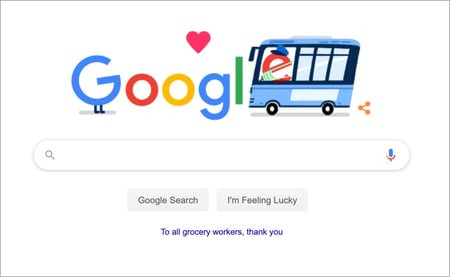
The link brings visitors to this 90-second "Where there's help, there's hope video".
And in addition to people, vital equipment such as trucks and forklifts make efficient logistics possible.
Our customers include major food and beverage suppliers working extra long hours to move product.
Customers moving food and beverage products powered by lithium-ion can recharge their forklifts and pallet jacks in as little as one hour, as opposed to eight-hour charge plus eight-hour cooling cycles needed for legacy lead-acid batteries.
Running lift equipment for longer hours and extended shifts becomes easier with lithium-ion forklift batteries that can be run for 10, 12 or even 15 hours on a single charge.
What's next?
No one knows for sure what other changes to expect or how long this situation will last.
However, the logistics and transportation industry has come to adopt a new phrase, “Together we can” and Flux Power is glad to be part of this approach.

